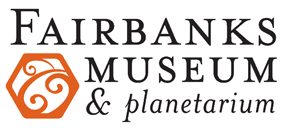Today:
Overnight tonight, the planet Mercury passes directly behind the Sun, a position called Superior Conjunction. A conjunction refers to any two celestial objects that pass within close proximity from our viewpoint, though, in reality, they can be millions of miles apart. Mercury re-emerges in the evenings during the middle and end of March.
Wednesday:
Saturn experiences its conjunction with the Sun, passing directly behind the Sun from our viewpoint, which happens every 378 days, just slightly longer than one year. The difference comes from Saturn’s very slow orbit of 29 and a half years, causing it to shift its position a small amount each year. It takes the Earth 13 days to “catch up” to Saturn’s same position each year.
Thursday:
Leap Day, occurring once every four years, keeps our calendar in sync with the seasons and the Sun. Our 365 and one quarter day orbit leaves a quarter day extra each year, adding up to the extra day on our calendars every four years. The Egyptians figured this out, but Julius Caesar implemented this into his calendar reform in 45 BC.
